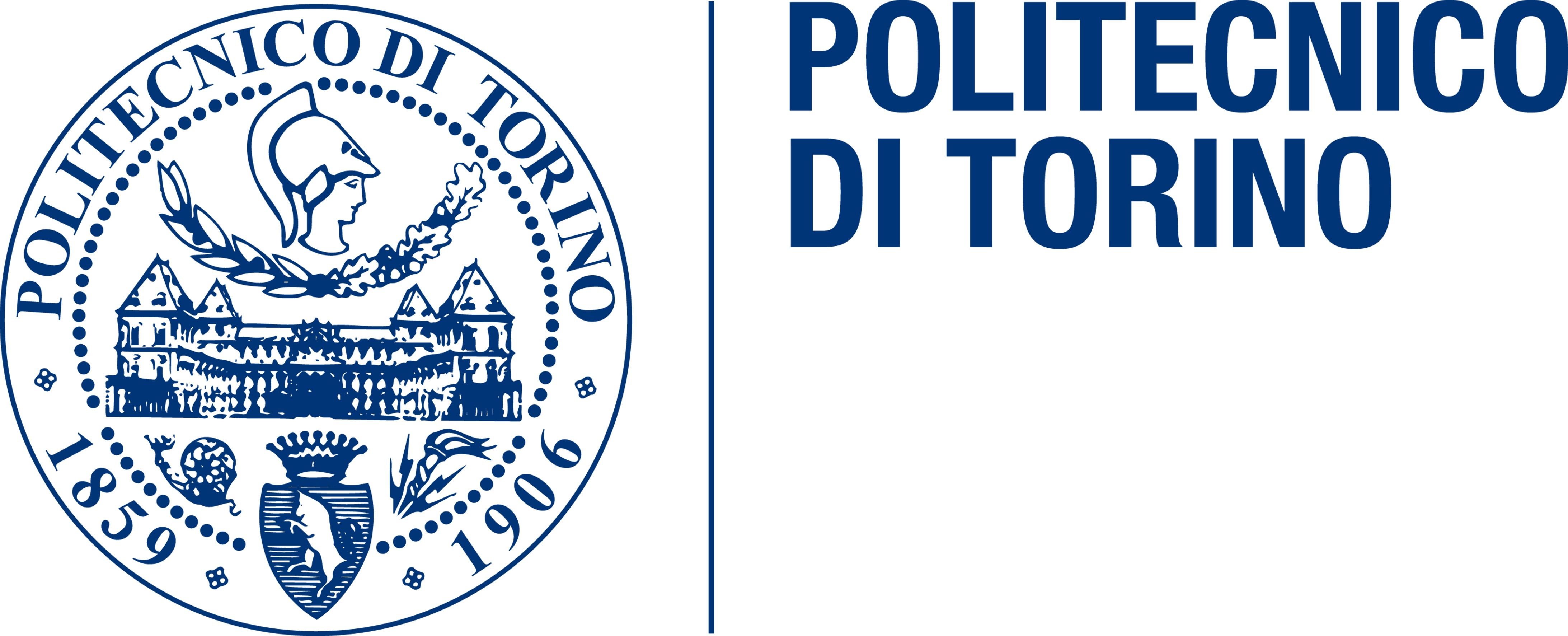Biogas purification plant for an industrial-scale Solid Oxide Fuel Cell (SOFC) installed in a wastewater treatment plant (WWTP)
Personal information

Type of Collaboration:Fee paying basisFunded collaborative projectJoint venturesNegotiable
What "non-technical" services relevant to scale-up does your organisation offer?:Process ModellingTechnoeconomic Assessment
ASSET INFORMATION
Asset Information:
Biogas purification plant for an industrial-scale Solid Oxide Fuel Cell (SOFC) installed in a wastewater treatment plant (WWTP)
Raw Material:
C1 gases - specific
Process Stage:
Separation Technologies
Technology:
Anaerobic digestion, Chemical conversions, Heterogeneous catalysis
Technology Area:
Anaerobic digestion
Scale:
Demonstration
Additional Technical Information:
Large scale fuel cell power plant demonstration (financed by EU call H2020-JTI-FCH-2014-1) with biogas purification unit for the removal of siloxanes and sulfur. The purification plant is equipped with an online monitoring system which is available to conduct experimental campaign about biogas purification for fuel cell applications.
The installation is in operation from 2018. The site is a municipal WWTP where biogas is produced from the sludge by-product of the water treatment process. The
plant will be the first industrial size Solid Oxide Fuel Cell (SOFC) installation in Europe, and the largest biogas-fed SOFC at the international level so far. The SOFC system will be the main and sole cogeneration system within the site.
The installation is in operation from 2018. The site is a municipal WWTP where biogas is produced from the sludge by-product of the water treatment process. The
plant will be the first industrial size Solid Oxide Fuel Cell (SOFC) installation in Europe, and the largest biogas-fed SOFC at the international level so far. The SOFC system will be the main and sole cogeneration system within the site.
Address : TO Corso Duca degli Abruzzi 2410129 IT